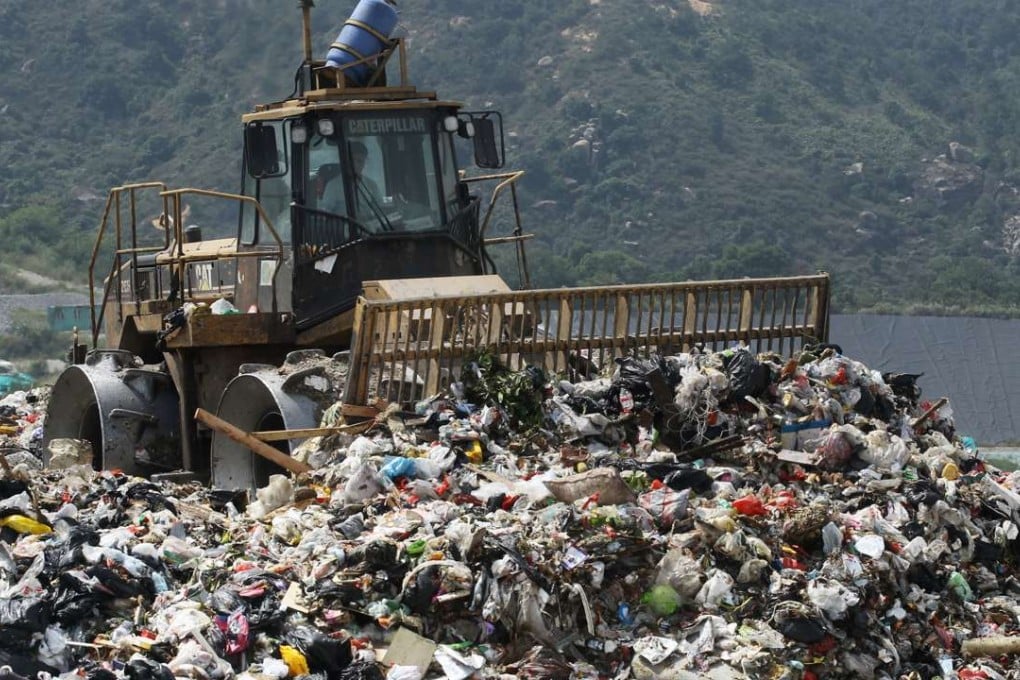
Tax incentives can help to reduce waste
I refer to your editorial (“HK must deal with waste in haste”, September 27).
In Hong Kong, we should take note of the policies introduced in France and Sweden in an effort to cut volumes of waste as we try to reduce the quantities of waste generated in the city.
If we cut back on our use of plastic cups, plates and cutlery (which will be banned in France), this could ease the pressure on landfills, which are nearing capacity. Fast-food restaurants use a lot of disposable tableware.
We can also learn from Sweden, which offers tax incentives to encourage people to get electrical appliances repaired rather than throw them away. This will lower maintenance and repair costs, which can often be higher than the original price of the product.
I can imagine there would be stiff resistance from some firms to a version of the French law in Hong Kong. If plastic utensils were banned, their manufacturers would have to lay off workers as profits dropped. The restaurant sector would oppose it, arguing that operating costs would go up. Most fast-food chains use disposable tableware, which is more convenient and economical as they don’t have to hire as many dishwashers.
I think looking at making tax changes would be feasible as a way of encouraging people to get electrical appliances repaired, especially if it meant that getting your fridge fixed was going to be a lot cheaper than buying a new model.